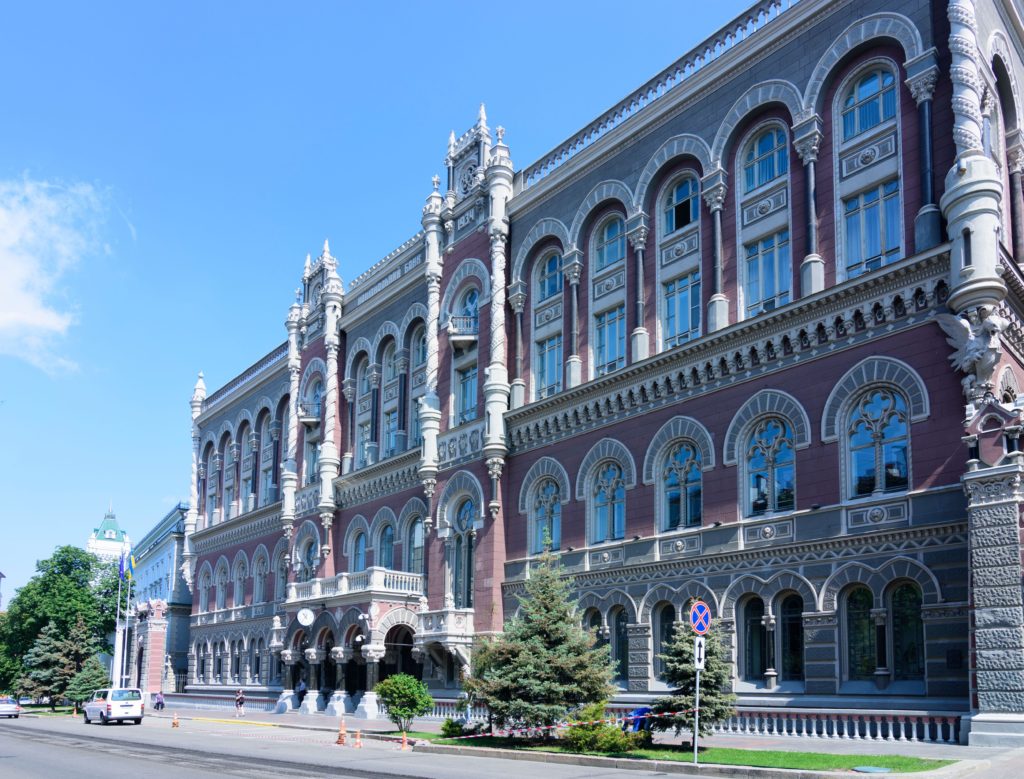KYIV
President Volodymyr Zelensky, engaged in months of hard slog to secure new disbursements of IMF funds, has welcomed the allocation to Ukraine of $2.7 billion – “free and without conditions” – from the Fund’s issue of new Standard Drawing Rights to help put the world economy back on post-COVID track.
“This will be a good gift for our country on the 30th anniversary of Independence,” Zelensky said in a statement. “These funds will help overcome the consequences of the coronavirus crisis and stimulate our economy.”
He said officials were working on “completing the first review of the current IMF programme and are expecting the Fund’s mission in September”.
The sum to be given to Ukraine – widely known for months and therefore no surprise — was announced on Facebook by Vladislav Rashkovan, Ukraine’s director to the IMF. The money is to be paid to the central bank on 23rd August – the eve of the 30th anniversary of Ukrainian independence – and just before Ukraine faces $3 billion in debt payments due in September.
The announcement, part of the IMF’s general allocation of $650 billion, was made days after Zelensky spoke by telephone to the Fund’s Managing Director Kristalina Georgieva. Ukraine gets 4 percent of the total.
That conversation, hailed by some commentators as at the very least a sign of some progress in Ukraine’s dealings with the Fund, nonetheless failed to mask the fact that the Fund was not ready to release new money from a $5 billion standby credit arrangement put in place a year ago. Only a first instalment of $2.1 billion has so far been released.
From that discussion, it emerged that the new Fund mission would hold talks in the ex-Soviet state in September to settle outstanding issues related mostly to central bank independence, judicial reform and observance of normal corporate governance.
At least one government minister has said in recent months that Ukraine’s budget situation would be “uncomfortable” unless new IMF credits were forthcoming.
ENOUGH DONE TO SECURE NEW TRANCHE?
Amid the announcement, three presidential advisers expressed optimism that new tranches would soon be made available from the standby credit.
“Literally in September, I expect that we will receive a new tranche,” Oleh Ustenko, Zelensky’s economic adviser, told Interfax-Ukraine news agency.
Presidential spokesman Serhiy Nykyforov predicted that recent parliamentary approval of key legislation would smooth the way for the mission – Ukraine had sought a $700 million tranche since earlier this year.
“The mission will remain satisfied, and the President’s Office has no doubts about this,” Nykyforov said.
Tymofei Mylovanov, an economics advisor to Zelenskiy’s chief of staff, told Bloomberg that this week’s call with Georgieva had made him more hopeful that new money would be made available by the end of the year.
Ukraine edged closer to meeting IMF demands last month when parliament overcame resistance from opponents of judicial reform and passed legislation on who is to sit on the 16-member High Qualification Commission of Judges, which selects and evaluates justices.
That body is appointed by the High Council of Justice — on a strictly competitive basis. A selection commission will examine candidates and will include three foreign experts with the right of veto on appointments.
Corporate governance issues surged to the forefront in discussions with Ukraine’s western backers after the head of state oil and gas company Naftogaz was dismissed by cabinet order, bypassing the company’s own structures.
U.S. Secretary of State Antony Blinken referred directly to that incident when he told Zelensky and other officials during a visit to Kyiv that they faced the twin challenge of aggressive behaviour by Russia and “aggression from within, coming from corruption”.
Earlier this week, Zelensky signed into law a bill setting out details of corporate governance for banks – as sought by the IMF – saying it would “facilitate stability in the banking sector and strenghthen the rights of depositors and other creditors”.

